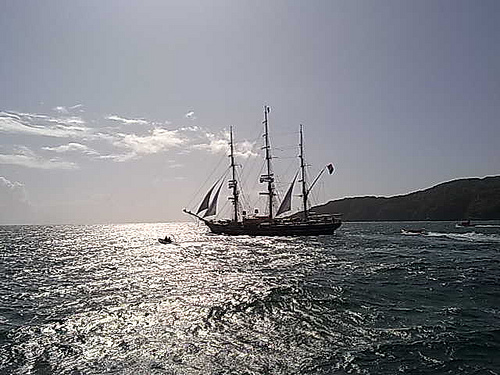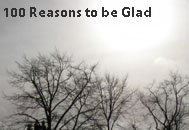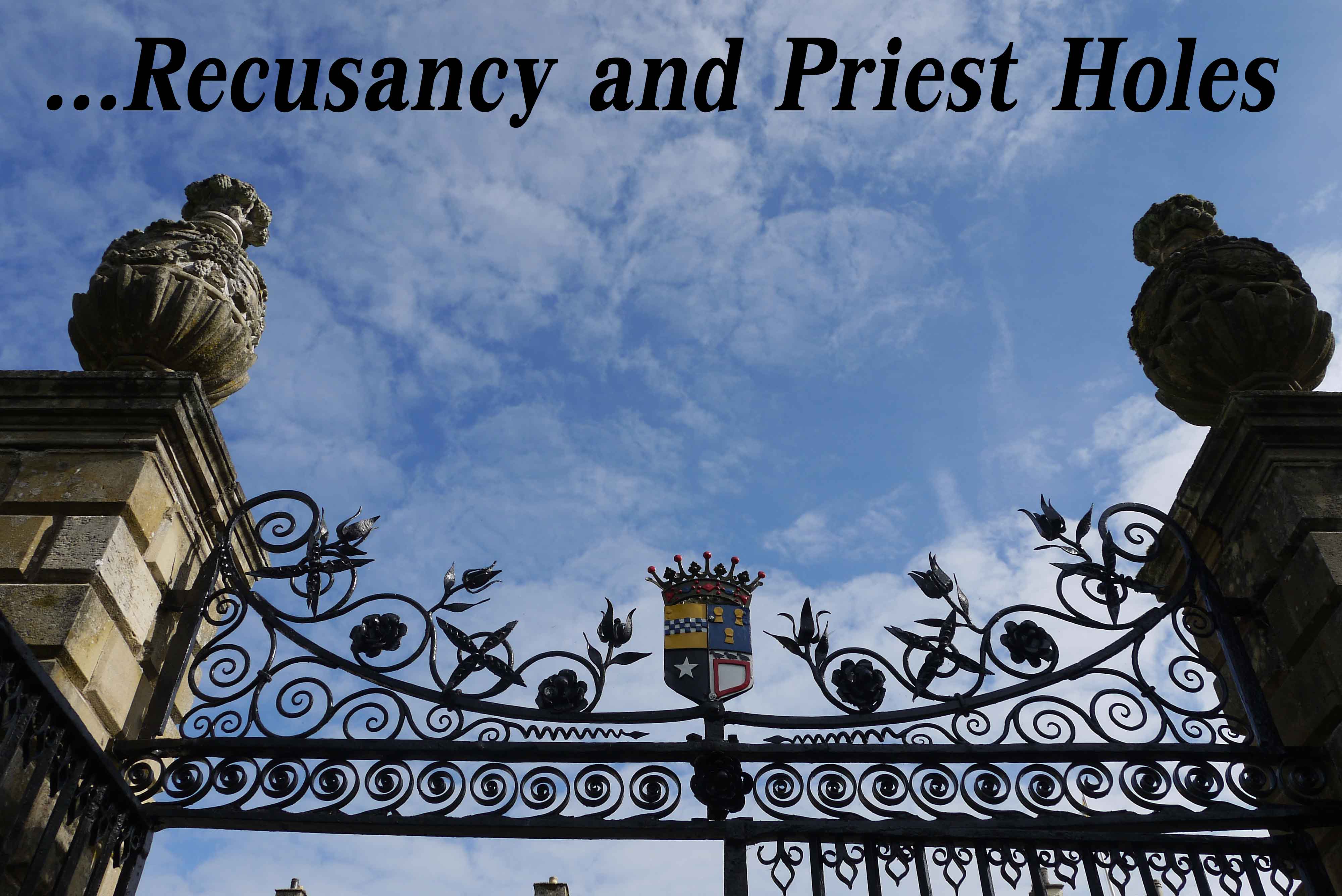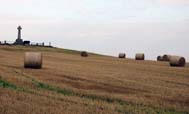Photo from from VPRO Beagle on Flickr – click on picture for more photos.
The Clipper Stad Amsterdam set sail from Plymouth harbor today following the steps of Darwin’s famous voyage of discovery. The people involved in the project hope to retrace the route of Darwin’s 5 year voyage on HMS Beagle in a single year.
During the voyage the participants are hoping to assess where the world stands today in light of Darwin’s theory of evolution. The journey will form the basis of a 41 episode documentary that is being filmed for VPRO Dutch TV.
Journalist and historian Chris Lloyd, who wrote the book What on Earth Happened? will be joining the voyage for the first leg of the journey to Tenerife. Other participants include, Sarah Darwin, great-great-granddaughter of Charles Darwin, palaeontologist Peter Ward, anthropologist Michael Heckenberger, geneticist and anthropologist Spencer Wells and Daniel Dennett, one of today’s most prominent and influential American philosophers. They will be joined by fossil-hunters, DNA researchers, geologists and archaeologists.
From the Beagle website:
To celebrate Charles Darwin’s 200th birth year, and the 150th anniversary of his publication of “On the Origin of Species”, VPRO is preparing a 35-part series called Beagle: On the future of species. Life on earth is under continual change. Is there reason to worry about the future? Can science offer us sufficient answers to some of our most compelling questions? Are we leaving behind an inhabitable world for future generations?
Our VPRO-Beagle ship the Clipper Stad Amsterdam is an experiment in itself. This three mast sailing ship will be rigged with advanced scientific measurement equipment. Scientists from various disciplines and from all over the world will execute experiments on board this sailing science lab. The ship also has a built-in TV studio from which parts of the series will be produced and broadcast.
Beagle will take viewers on a journey across magnificent landscapes, vulnerable regions, endangered areas and adventurous locations, stretching from Patagonia to the South Pacific, and from Australia to St. Helena. En route one recurrent question will be asked: “Will the earth survive mankind?”
You can follow the journey on the interactive website, where Chris will be blogging daily during his part of the voyage.









Sounds like a fantastic trip…
Thats what I thought
It really does sound great Cherie. I will be keeping an eye on the site
I am sure there will be some fascinating discussions along the way.
Wonderful voyage, Cherie and a great adventure. Good stuff. Pity it’s now been shown Darwin got it so wrong about natural selection but it was a great theory while it lasted.
As far as I am aware the debate about Darwin’s theories is still ongoing. Research is still being done and new things are being uncovered all the time.
That is part of what the voyage is about – Discovery.
I love your diplomacy, neatly deflecting the spoiling for a fight. You should run a bloggroup and the trade union organization would kill for your services.
But as spirituality and religion are very personal things, such matters are to be treated delicately especially when I know your beliefs in this respect
[...] pictures of sailing ships reminded me of the work of Frank Meadow Sutcliffe who used the medium of photography as art.
I enjoyed the site immensely and look forward to keeping up with their journey. Thanks for posting Cherie.
I am glad you found it as interesting as I did I am following too.
I am following too.
Looking back, 2,000 years of evolution are too short a time for a general improvement of human intelligence.
However, this project sounds fascinating. Thanks for posting, CherryPie.
I agree with your thoughts on human intelligence!
The project is fascinating and I am sure some very interesting discussions will take place between the people who take part in the voyage.
I am keeping tabs on the site to see how the journey progresses.